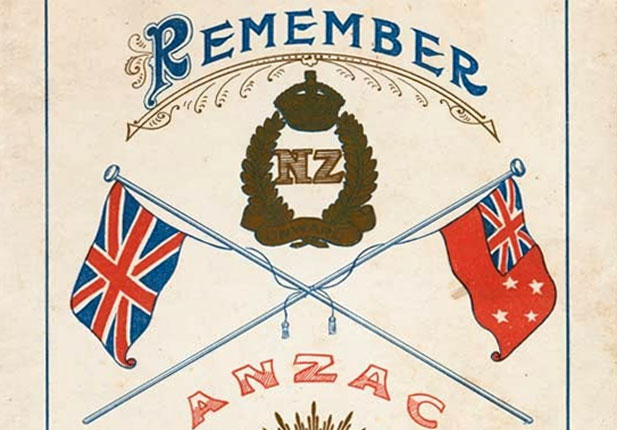
Every April there is an opportunity to consider how Anzac Day might be used as a springboard into an inquiry considering historical significance.
Many schools plan some sort of unit or activity based on a commemoration or recognition of Anzac Day and its place in our history. This day remains one of the most significant in the national calendar both here and in Australia.
Anzac Day 2020 was like no other since the first such commemoration in 1916. On 19 March 2020 it was announced that all Anzac Day services around the country were cancelled as part of increasing restrictions in response to the Covid-19 coronavirus pandemic, under which all gatherings of 500 or more people were initially banned. B.J. Clark, the RSA national president, choked back tears as he made the unprecedented call to cancel – the first time this had happened in the history of Anzac Day commemorations. He said it was not worth risking the health of veterans and the wider public by going ahead, but stressed that the ‘values of service, sacrifice and support that have given our country strength in times of war, adversity, strife and natural disaster will protect New Zealand communities again.’ This action was upsetting for many people in New Zealand and Australia, where a similar decision was made. There were calls on both sides of the Tasman to consider other ways of commemorating Anzac Day 2020. The following week New Zealand went into complete lockdown in response to Covid-19.
The cancellation of one of the nation’s key commemorative events is an ideal opportunity to explore the significance and ongoing relevance of such days of remembrance. NZHistory has a wealth of information on the Gallipoli campaign, Anzac Day and the wider experience of New Zealand and the First World War.
A range of activities in the Classroom explore Anzac Day specifically. These were developed with a social studies programme in mind and can easily be adapted to suit curriculum levels or support a senior history programme. They can be used to explore key historical thinking concepts such as historical significance, historical perspective, and continuity and change. Anzac Day could be the basis for an examination of the place of commemoration and remembrance in our society. Students could consider what historical events we choose to remember or forget, and why. To guide this inquiry, students could be asked what it is that makes something historically significant enough to warrant such commemoration. From here they could begin to consider why the cancellation of formal Anzac Day services in 2020 is such a big deal.
The activities in the Classroom are not designed with a ‘start here and finish there’ in mind. Some will require adapting both to meet the needs of your class and programme and also to reflect the current learning from home environment. Feel free to cherry-pick and change based on the needs and level of your classes. Some activities support a once-over-lightly approach, while others are intended to support a more in-depth inquiry in which students engage in independent research. Older students might be encouraged to tackle a more challenging question: does Anzac Day continue to have any relevance for New Zealand society?
Steve Watters, Lead Educator-Historian

Community contributions